In this lecture, Dr. Moore presents Vasculitis. He begins by giving a broad and simple definition of vasculitis before moving on to different cases. He then goes on to discuss various types of vasculitis from large-vessel vasculitis to small-vessel vasculitis.
Read More
In this lecture, Dr. Kausar Hamiduzzaman presents Nephritic and Nephrotic Syndrome. She begins explaining when it is appropriate to consider glomerular diseases in the differential diagnosis and finishes by discusses the definition, workup, and management of both nephrotic and nephritic syndromes.
Read More
In this lecture, Dr. Kausar Hamiduzzaman covers hepatorenal syndrome. She begins by explaining the pathophysiology of HRS and then discusses how to diagnose and manage HRS.
Read More
Dr. Dmitry Abramov presents patient evaluations for advanced heart failure therapies by first discussing the classification system for heart failure severity. He then presents different opinions available for patients with advanced heart failure. After, he explains how to identify end stage heart failure as well as candidacy for advanced failure therapy.
Read More
Dr. Krishnasamy presents Inpatient Glucose Management by first discussing a case of hospital hyperglycemia. She then reviews current guidelines for glycemic management trends in non-critical care settings. After, she reviews institutional protocols.
Read More
Dr. Raghuram presents and reviews the main classes of HIV medications and their mechanisms of action. She the explains the principles of HIV combination therapy and discusses some of the main side effects of the most commonly used HIV medications.
Read More
Dr. Abramov covers acute decompensated heart failure. starting with a review of the underlying pathophysiology and treatment. He then dives into the the roles of diuretics and beta blockers in acute exacerbations. Finally, he discusses indications for referring a patient to a heart failure specialist along with primary prevention measures.
Read More
In this video, Dr. Jennifer Potter talks about why questions on patient social history should include patient identities, adverse life experiences, and coping strategies. She then identifies questions one may ask to learn about these areas. Afterwards she outlines the 10 "P' methods, and ends by describing how to perform a pelvic exam.
Some items in this lecture may have come from the lecturer’s personal academic files or have been cited in-line or at the end of the lecture. For more information, see our citation page.
Disclaimers
©2015 LouisvilleLectures.org
Read More
In this video, Dr. Bryan Moffett examines common issues interns may face. He begins by discussing how to approach calls. He then examines areas like Diabetes, Insulin therapy, Pain management, Patient Controlled Analgesia (PCA), Chest Pain, Hypotension, HTN Blood Pressure, Dsyphea/Hypoxia, Agitation, Diarrhea, and Insomnia
Read More
